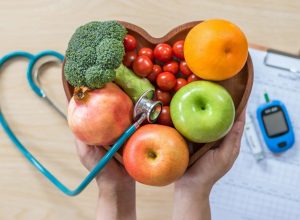10 Nutritious Foods To Boost Your Child’s Growth: Recommended
Ensuring your child receives the right nutrients is key to their growth and overall well-being. The foods they consume during their growing years directly impact bone development, muscle growth, brain function, and immune health.
In this article, we’ll explore 10 highly nutritious foods that can help boost your child’s growth and overall well-being. These foods are packed with vitamins, minerals, and essential fats to support physical growth, mental sharpness, and immune resilience.
Why Is Nutrition Important for Your Child’s Growth?
Nutrition plays a vital role in your child’s growth and development. From infancy to adolescence, your child requires a variety of nutrients to support brain development, bone growth, and immune function. Without the right intake of vitamins, minerals, and protein, children may experience delayed physical development, weakened immune systems, and even cognitive challenges.
Ensuring a balanced and nutrient-rich diet can help prevent these issues, giving your child a solid foundation for a healthy future. Nutritious foods rich in vitamins and minerals are crucial for supporting your child’s physical and mental growth, which helps them perform better in school, sports, and daily life.
10 Best Foods for Children’s Growth
Below are 10 nutritious foods that every parent should include in their child’s diet to ensure proper growth and development. These foods are not only nutrient-rich but also versatile, making them easy to incorporate into daily meals.
1. Dairy Products (Milk, Yogurt, Cheese)
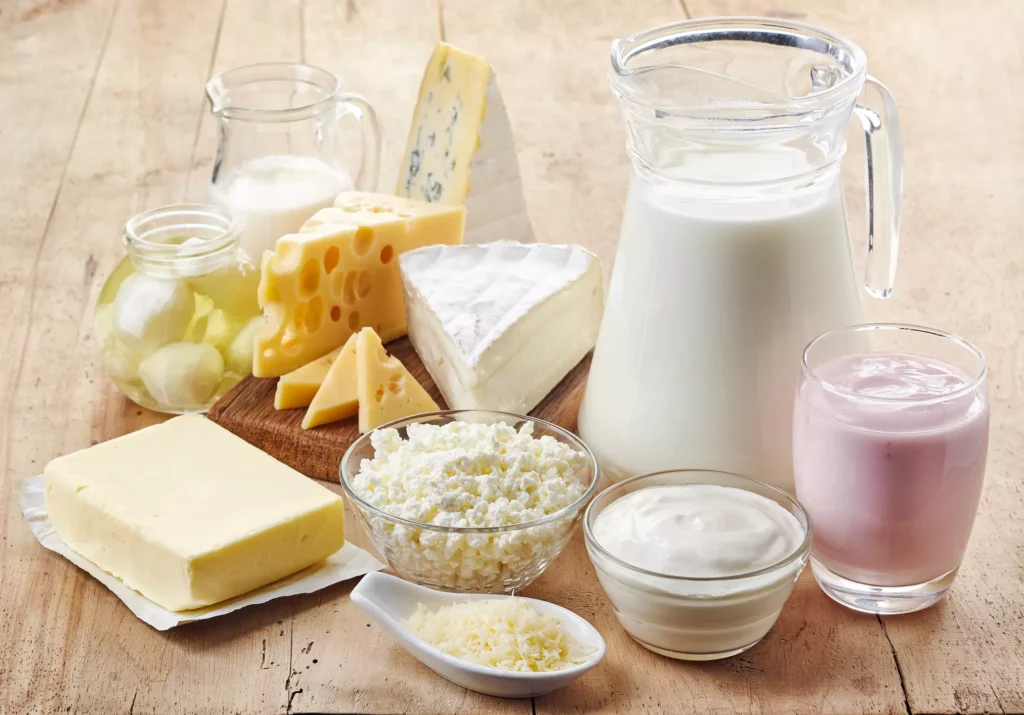
Dairy products like milk, yogurt, and cheese are excellent sources of calcium and vitamin D, which are vital for bone development. Consuming dairy helps strengthen your child’s bones, making them grow stronger and healthier. Yogurt also provides probiotics, which are good for gut health, and can help with digestion. Choose low-fat or full-fat versions depending on your child’s caloric needs.
2. Eggs
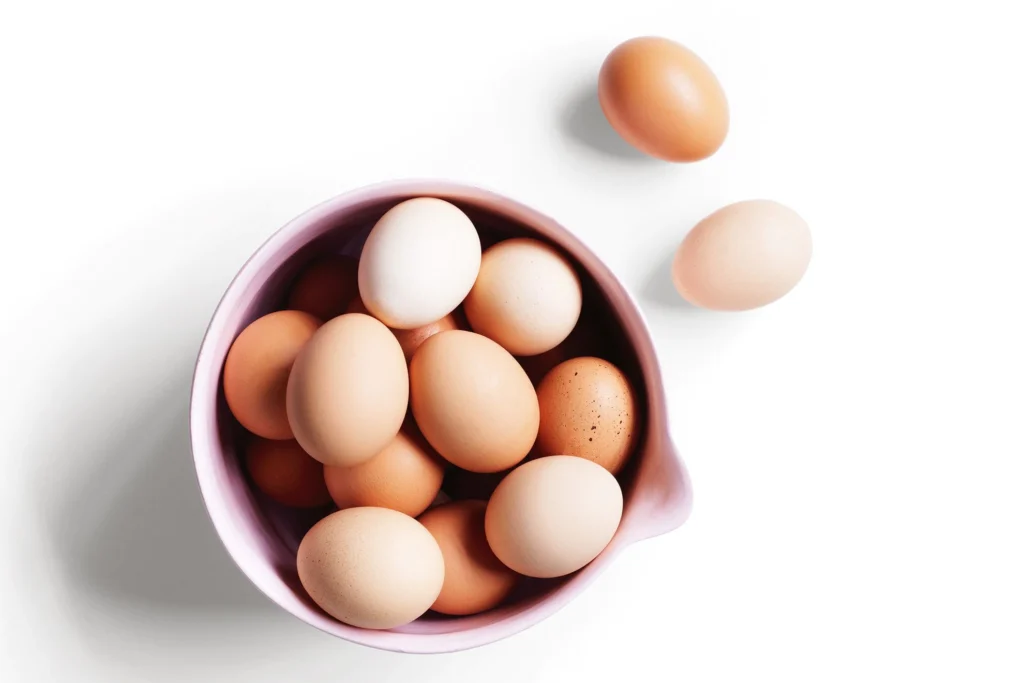
Eggs are packed with protein, vitamins, and minerals, including vitamin D and choline, which support brain development and overall growth. They are versatile and can be included in various meals. Try incorporating scrambled eggs for breakfast or boiled eggs as a snack to boost protein intake. The high-quality protein found in eggs is essential for muscle development.
3. Lean Meat and Poultry

Lean meats, such as chicken and turkey, are excellent sources of protein and iron. These nutrients are necessary for red blood cell formation and oxygen transport, which are critical for energy levels and growth. Additionally, meat is rich in zinc, an essential mineral for immune health and cell division, which supports growth.
4. Whole Grains (Brown Rice, Oats, Quinoa)
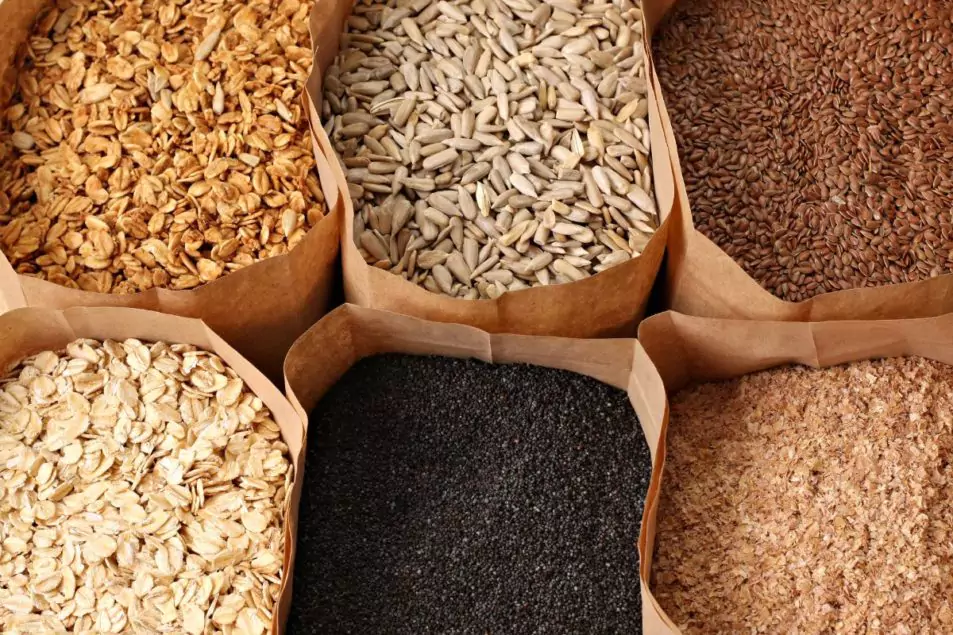
Whole grains provide fiber, vitamins, and minerals essential for sustained energy. Brown rice, oats, and quinoa are packed with complex carbohydrates that keep your child energized throughout the day. These grains are also good sources of magnesium, which helps in bone development and muscle function. Incorporating whole grains ensures long-lasting energy for your child’s active lifestyle.
5. Fish (Salmon, Mackerel)
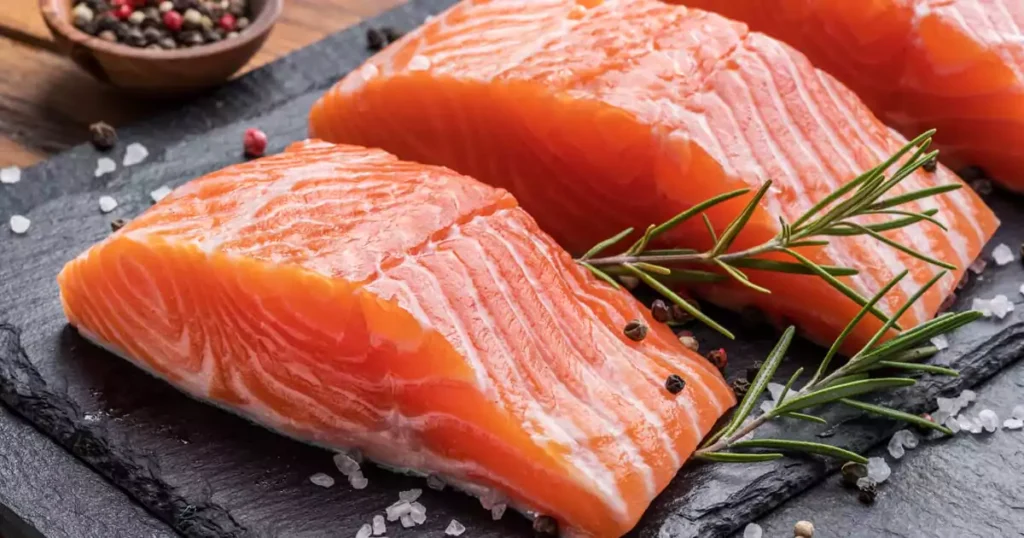
Fatty fish like salmon and mackerel are rich in omega-3 fatty acids, which are crucial for brain development and cognitive function. Omega-3s also support heart health and reduce inflammation. Including fish in your child’s diet can boost their brainpower and help with their concentration at school. If possible, aim to serve fish 1-2 times a week to ensure a good intake of these essential fatty acids.
6. Fruits (Bananas, Berries)
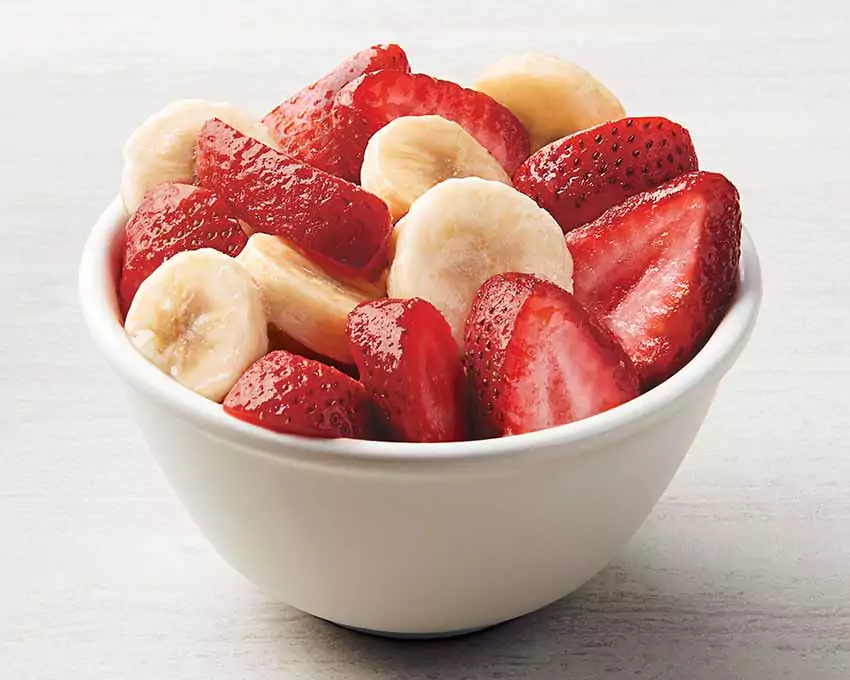
Fruits like bananas and berries are rich in vitamins, fiber, and antioxidants, which support the immune system and overall growth. Bananas are high in potassium, which helps regulate muscle function and maintain fluid balance, while berries provide vitamin C, a powerful antioxidant that aids in the repair of tissues and boosts immunity.
7. Leafy Green Vegetables (Spinach, Kale)
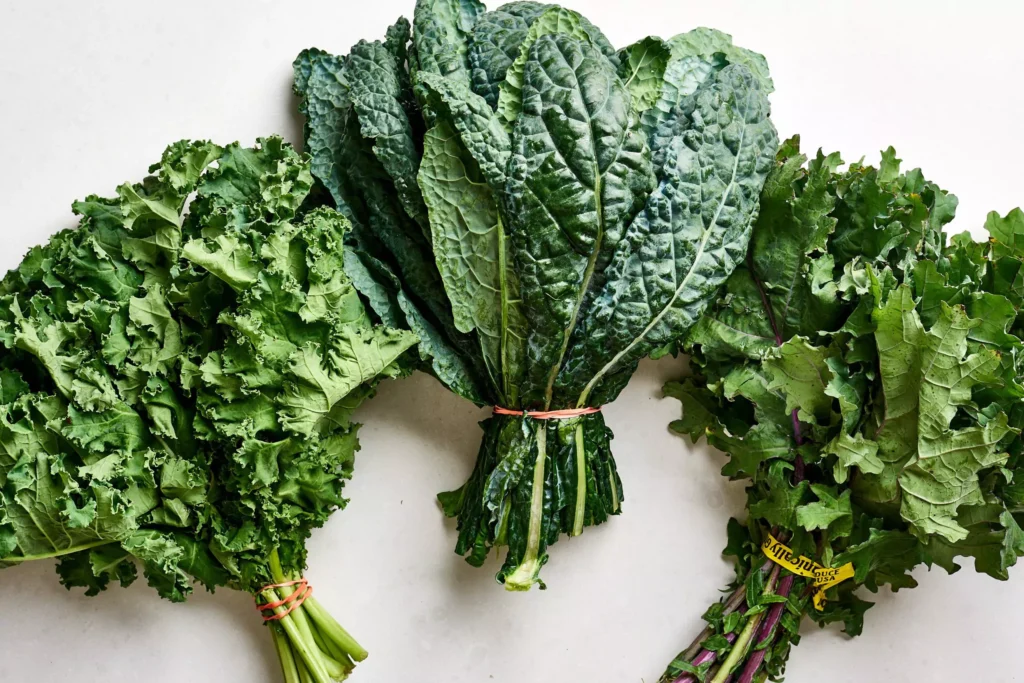
Leafy greens such as spinach and kale are packed with iron, calcium, and vitamin K, all of which are essential for healthy blood, strong bones, and overall growth. Iron is particularly important for preventing anemia, which can impact energy levels and physical development. These vegetables also provide antioxidants that support immune function and prevent illness.
8. Nuts and Seeds (Almonds, Flaxseeds, Chia Seeds)
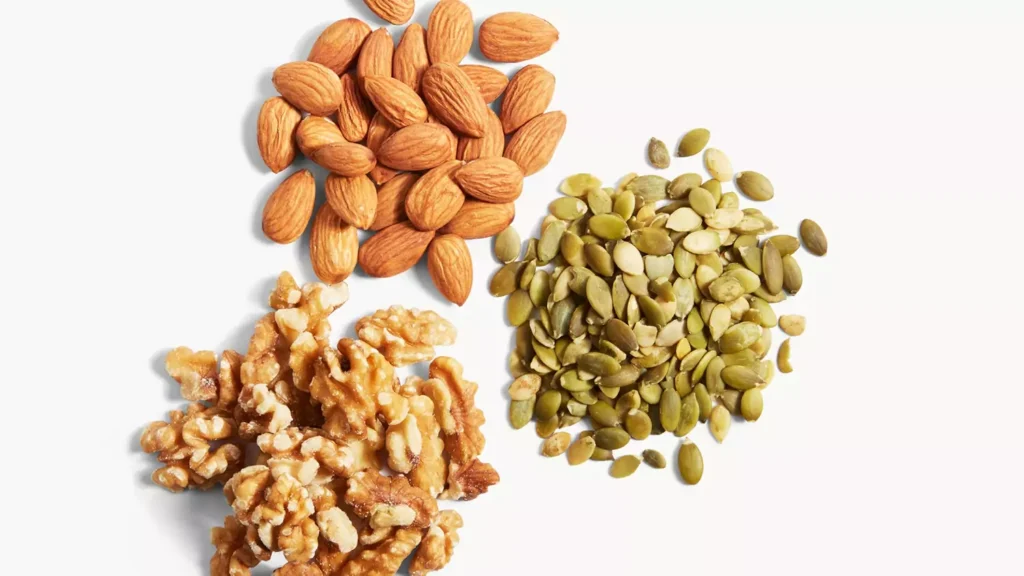
Nuts and seeds are packed with healthy fats, protein, and fiber, making them excellent for boosting energy and promoting muscle growth. Almonds are rich in vitamin E, which is essential for skin and brain health, while flaxseeds and chia seeds provide omega-3 fatty acids, which support brain development.
9. Beans and Lentils
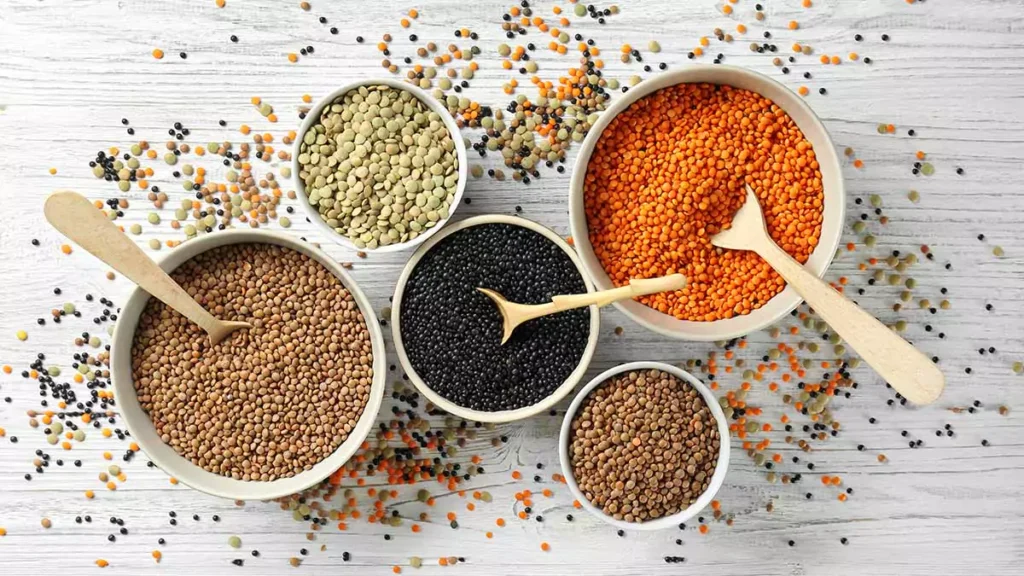
Beans and lentils are rich in protein, fiber, and iron, making them excellent choices for muscle growth and energy. They also contain important minerals such as magnesium and zinc, which support immune function and tissue growth. Lentils are an excellent plant-based protein source for vegetarian or vegan children.
10. Sweet Potatoes

Sweet potatoes are rich in vitamin A, which supports vision, bone growth, and immune function. The high fiber content of sweet potatoes also helps with digestion, making them an ideal food for children who need sustained energy and overall nutritional support. Including sweet potatoes in meals can help ensure your child gets the vitamins they need for healthy development.
How to Incorporate These Nutrients in Daily Meals
Incorporating these nutrient-rich foods into your child’s daily meals doesn’t have to be difficult. By including them in breakfast, lunch, dinner, and snacks, you can ensure your child gets the nutrition they need to grow and thrive.
The Importance of Balanced Nutrition for Long-Term Growth
Balanced nutrition not only fuels your child’s growth but also sets the stage for long-term health. By ensuring they consume a variety of nutrient-dense foods, you support their physical and cognitive development. This balanced diet strengthens their bones, supports their immune system, and enhances brain function.
In the long run, establishing healthy eating habits helps reduce the risk of chronic diseases, such as obesity, heart disease, and diabetes. Encouraging nutritious food choices from a young age fosters a lifetime of healthy eating and well-being.
Conclusion
Providing your child with the right foods during their growing years is one of the most important things you can do as a parent. The 10 foods listed above, from dairy products to leafy greens, are nutrient-dense and essential for promoting your child’s healthy growth and development. By including these foods in their daily meals, you help ensure their bones grow strong, their muscles develop well, and their brains function at their best.
For a personalized approach to child nutrition, consider Dt. Ila Sharrma’s Children Diet Plan. Tailored to your child’s specific needs, her plan ensures they get the balanced nutrition necessary for optimal growth and health.





